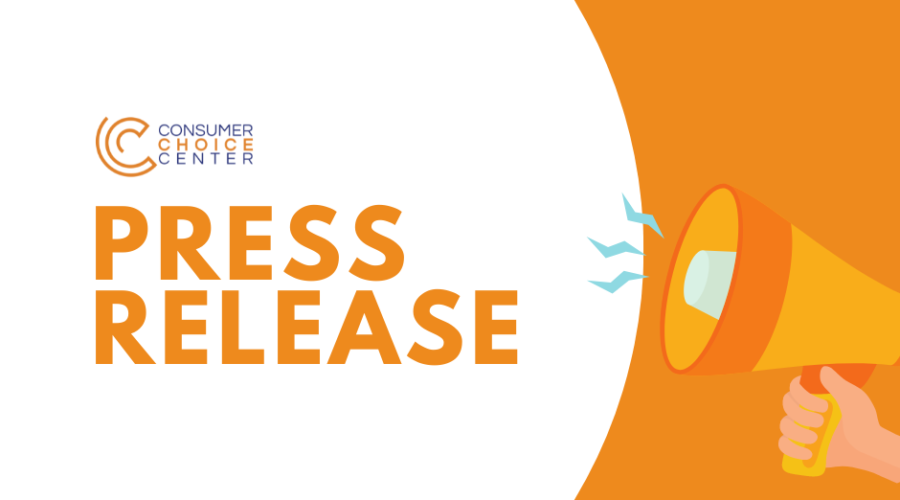New survey shows MEPs know worryingly little about vaping
According to the findings of the new ECigIntelligence survey, 57 per cent of Members of the European Parliament have no knowledge of vaping (with 16 per cent not even being aware of its existence).
Given that European politicians are now determining Europe’s approach to vaping, these results are extremely worrying.
ECigIntelligence surveyed Members of the European Parliament (MEP) for the second time (the last survey was in 2020). The results show that many MEPs continue to be misinformed or uninformed about vaping and other less harmful smoking alternatives.
Maria Chaplia, Research Manager of the Consumer Choice Center, commented on the survey:
“Currently, 140 million people in the European Union still smoke, and most of them struggle to quit. It is key that European policymakers have sufficient knowledge of life-saving alternatives such as vaping and their potential to tackle this problem. The low awareness signals an increased risk of making the wrong decisions that could cost Europe lives of current and future smokers. The MEPs should take these issues more seriously and open their minds to a growing plethora of studies on vaping.”
Key findings of the survey:
- More than a third of MEPs have no knowledge of any new nicotine product (vaping, heat not burn, pouches), and over one in ten are not even aware of them.
- Incredibly, 28% believe that vaping is as harmful or more harmful than smoking, and a further 18% don’t know at all.
- Also, 16% incorrectly believe that vaping is likely to lead non-smokers to smoking cigarettes.
- On flavours, the worrying trend from last year continues. 53% are in favour of regulating flavours the same or even more than cigarettes.
“The World Health Organisation’s misguided recommendations against vaping have skewed the discourse against evidence-based policymaking in Europe and across the world. Vaping is 95 per cent less harmful than smoking. Vape flavours help smokers quit once and for all, and nicotine is not our enemy. It is crucial that the stigma around vaping ends before it is too late,” concluded Chaplia.


